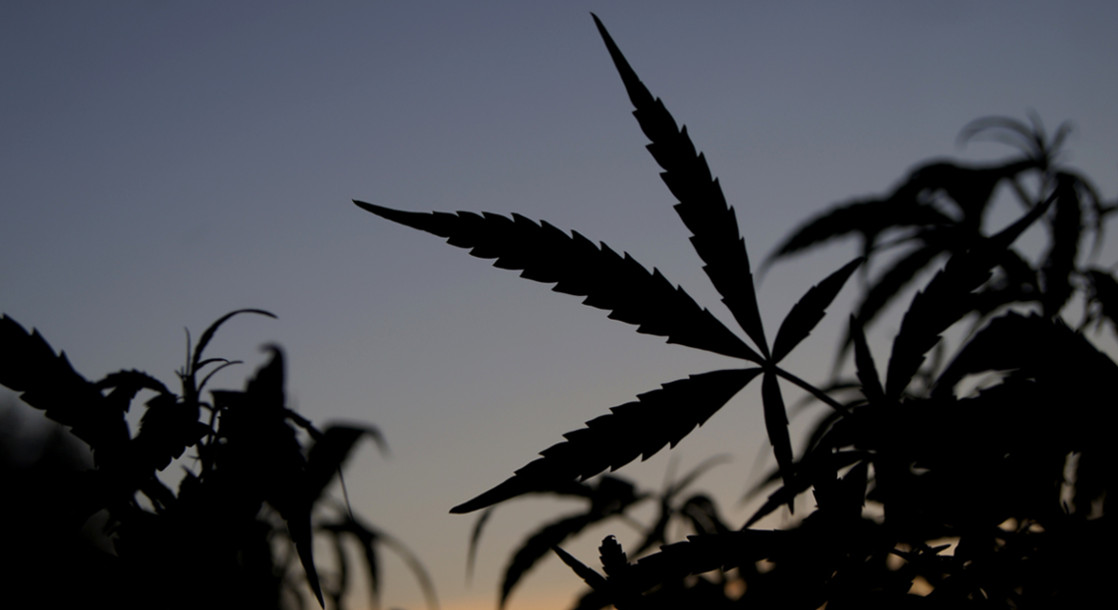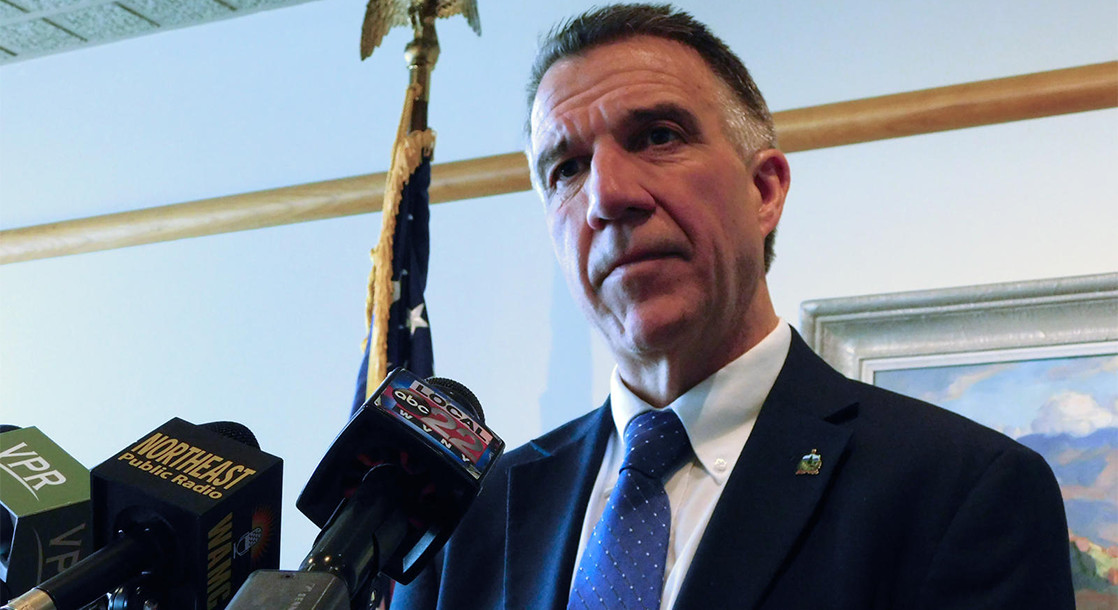Photo via iStock/ PierceHSmith
Massachusetts and Vermont have both legalized recreational weed, but while adult residents of these states are now free to smoke up in private, there is no legal way for them to actually buy pot. As of yesterday, adult residents of Vermont can legally possess up to one ounce of weed and grow two mature and four immature cannabis plants. But unlike all other canna-legal states, Vermont has no legal provisions for a regulated retail market, leaving all marijuana sales completely prohibited.
Massachusetts, on the other hand, approved the creation of a retail market for cannabis sales — which were slated to begin July 1st — but the state's Cannabis Control Commission (CCC) has not yet issued necessary licenses for these new businesses, leaving many in the industry concerned that legal sales will be pushed back until next year.
To date, the CCC has only approved one recreational cannabis license, for a cultivation facility, but is meeting today to review three more recreational licenses, one of which is for a retail store. But before any legal weed can go on sale, the commission must first approve an independent testing laboratory, which will ensure that retail cannabis products meet the state's safety regulations. This process may significantly delay the rollout of legal sales, as the CCC reports that they have not even received one complete application for this type of permit.
The state's existing medical marijuana dispensaries are likely to become the first recreational retailers in the state, and several of these businesses have already been working to expand for increased sales. Revolutionary Clinics, which currently operates a medical marijuana dispensary and cultivation facility in Somerville, are planning to expand their total grow space to 100,000 square feet, the maximum space allowed by law.
“Is it frustrating? Yeah. I’d love to be open 7/1, I’d love to add jobs and be a part of this historic industry,” Keith Cooper, chief executive of Revolutionary Clinics, told the Boston Herald. “We’ve already been investing in this business for months now, we decided to quadruple our growth space in Fitchburg, we’re spending a lot of time, a lot of effort, a lot of money in expanding our facilities out there.”
CCC Chairman Steve Hoffman said that he understands the industry's frustration over the lack of retail stores. “I do care about people’s expectations, and we’re trying hard to meet those expectations, but we’re going to do it right,” he said to the Herald. “I really care about what this industry looks like as a mature and stable industry, that’s what we’re really focused on. It’s just going to take a while to get there.”
Unlike all other canna-legal states in the country, which enacted cannabis reform via voter-approved ballot measures, Vermont's legalization law was passed by its state legislature and eventually signed into law by Gov. Phil Scott this January. Last year, the state Senate passed a bill to create a taxed and regulated retail market, but the bill failed to pass the House. Lawmakers fought a last-minute battle to get a similar bill through the Senate again this year, but did not succeed.
The lack of legal sales has concerned many industry insiders that black market weed will continue to thrive throughout New England. Even when sales do go online in Massachusetts, some worry that the state's recreational cannabis tax, which can reach up to 20% in some areas, will deter residents from buying legal weed. “The illicit market will have the upperhand with just not having a tax,” Kamani Jefferson, president of the Massachusetts Recreational Consumer Council, told New England Public Radio. Jefferson also noted that "Colorado still has a huge illicit market, because of the tax issue," The Sentinel and Enterprise reports.
An ounce of black market marijuana is currently selling for as low as $150 an ounce in Massachusetts today, significantly less than the $300 to $350-per-ounce price of legal medical cannabis in the Bay State. An anonymous 71-year-old builder, who currently sells small amounts of weed illegally in the state, told New England Public Radio that if legal weed “prices are equal to or slightly above my prices, I would have no reason to ever, ever, ever participate in sales. There would be no need.”











